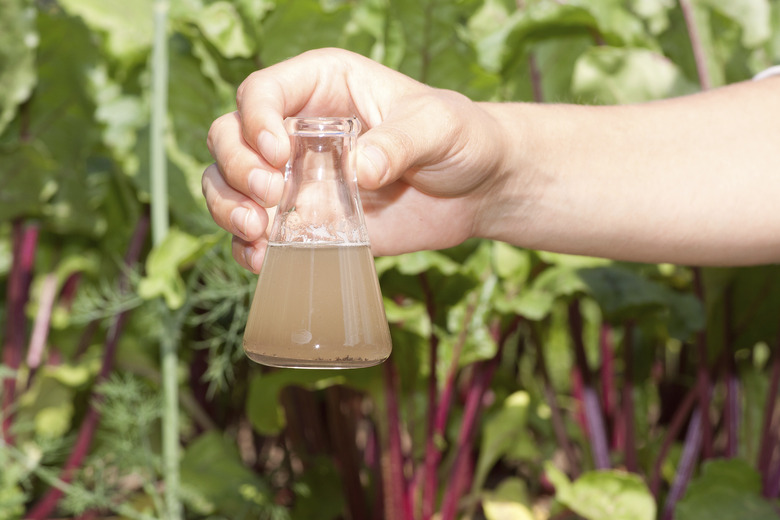How To Do A Science Project Step-By-Step
A science project can be a great way for you to learn something new, based in fact, by using a testable procedure that can produce the same result every time. Scientists have developed a basic outline — called the scientific method — that can be used to uncover something new about the universe around us.
Observations and a Question
Observations and a Question
The first step of a science project is simply being curious. Look around you, make some observations and start asking questions: How long does it take for metal to rust? How clean is a kitchen sink? How much water can a bath towel absorb? Try brainstorming five different questions and see which one is best for an experiment that can be performed easily, relative quickly and safely. Consult with a teacher if you need help choosing the best question for your experiment.
Form a Hypothesis
Form a Hypothesis
After you have settled on a question you want answered, make an educated guess, or hypothesis, on what you think the answer to your question is. To form the best hypothesis, you should do a fair amount of research on the subject. If you find someone else has already done your experiment and published their results, you should think about how to put your own twist on it. Or, you can ask your teacher if you can repeat the previously performed experiment.
Design and Perform the Experiment
Design and Perform the Experiment
Set up your experiment so that it clearly supports or disproves your hypothesis. This means you may want to consider all the factors involved and potential scenarios surrounding the hypothesis. For example, if your hypothesis is that a bath towel can absorb one gallon of water, consider factors such as the type of material used to make the towel and the temperature of the water. Next, write out your testing procedure step-by-step. Follow that procedure exactly and record the results.
Analyze the Results and From a Conclusion
Analyze the Results and From a Conclusion
Decide if your hypothesis held up after the experiment. If the hypothesis was disproved, then you need to reject it. In this situation, consider changing the hypothesis and running a separate experiment to see if this new theory holds up. If the results of the experiment supported your hypothesis, it still does not mean that it is definitely proven true, since something besides the hypothesis may have been behind the results. Make sure to write a conclusion that discusses any and all results and how they relate to the hypothesis and original question. The report could also suggest future research experiments on your chosen subject.
Cite This Article
MLA
Smith, Brett. "How To Do A Science Project Step-By-Step" sciencing.com, https://www.sciencing.com/do-science-project-stepbystep-7911523/. 24 April 2017.
APA
Smith, Brett. (2017, April 24). How To Do A Science Project Step-By-Step. sciencing.com. Retrieved from https://www.sciencing.com/do-science-project-stepbystep-7911523/
Chicago
Smith, Brett. How To Do A Science Project Step-By-Step last modified August 30, 2022. https://www.sciencing.com/do-science-project-stepbystep-7911523/
